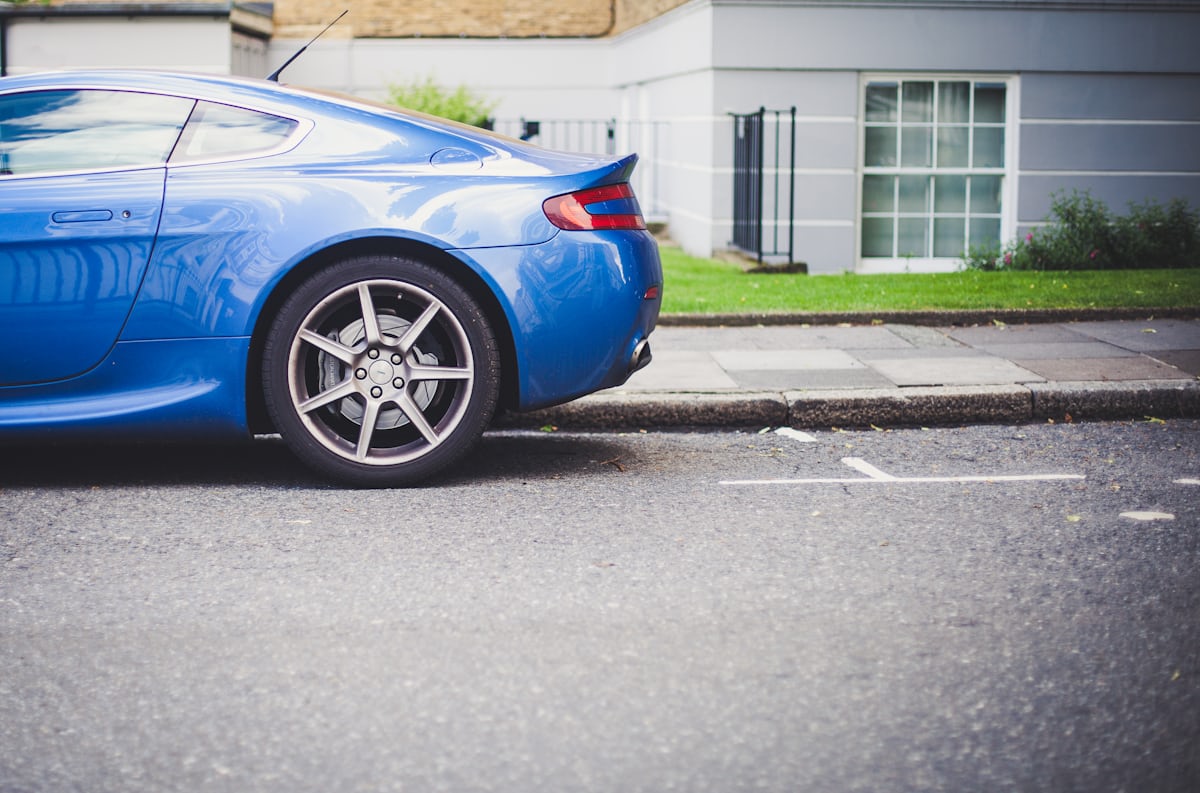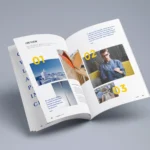The Dilemma of Paying Upfront vs Financing
There are a lot of ways to finance a car buy and it can be confusing like a maze. Do you pay a lump sum and walk off with full ownership, or do you pay the price over months–maybe years, and keep your savings? There is no one-size-fits-all solution, but understanding both options is key to making a decision that suits your lifestyle and long-term plans.
Exploring Car Finance Eligibility and Alternatives
Not everyone qualifies for the same type of car finance. Income stability, credit history, and even current debt all influence what lenders are willing to offer. CarMoney, a trusted name in the space, helps simplify the process by connecting buyers to competitive finance deals tailored to their circumstances. For many, this option opens doors that an outright purchase might close.
Affordability: What Can You Really Manage?
Buying outright means paying the full price immediately. No monthly bills. No interest. No future payments. It’s a clean break—but it demands significant savings. If draining your account means sacrificing your emergency fund, that “freedom” might come at a high cost.
On the other hand, financing spreads the expense. You get access to a newer or more reliable car without a major upfront payment. But keep in mind—interest and fees can make the overall cost higher.
Total Cost of Ownership
Price tags don’t always tell the whole story. When you finance, you agree to pay interest over time. That small percentage adds up. Buying with cash skips these extra costs. However, someone who finances might be able to choose a more fuel-efficient model, offsetting some of that added expense over the long term.
Maintenance is another factor. A newer car under warranty might cost less to run. Financing often allows people to opt for such models, while outright buyers may compromise and select older vehicles with more upkeep required.
The Flexibility Factor
Ownership gives you power-you can change, sell or scrap your vehicle anytime. You are not bound by a contract. But when you tie up your cash, you lose financial flexibility elsewhere. When an opportunity or crisis presents itself, money invested in a depreciating asset can restrict your options in responding to them.
With financing, especially balloon payments or PCP (Personal Contract Purchase) come limitations, such as mileage restrictions, wear-and-tear provisions and early settlement fees. They must be comprehended before committing.
Resale and Depreciation
Depreciation affects all cars whether you pay cash or finance. New cars depreciate as soon as they are driven out of the dealer. Paying cash will entitle you to the complete resale value, which can be anything in the future. Conversely, the finance customers do not necessarily own the car at the end of their contract and may be required to give it back or pay a lump sum to retain it.
Psychological Peace of Mind
Some are relieved by the fact that there are no monthly payments. The car belongs to them–that is all. To others, the ability to finance a better-quality vehicle is a source of confidence and convenience. Different people have various forms of peace of mind based on personal values and priorities.
Which Option Wins?
When you have a lot of savings, little debt and like keeping things simple, purchasing straight out may be your best option. However, in case you need to maintain cash flow, upgrade your vehicle, or establish a credit history, finance may be more useful.
The decision to purchase a car is not only a financial decision but a lifestyle decision. Whether you are researching finance deals or saving up to make a full payment, the trick is to know your budget, to know the fine print, and to be truthful about what actually works best for you.








